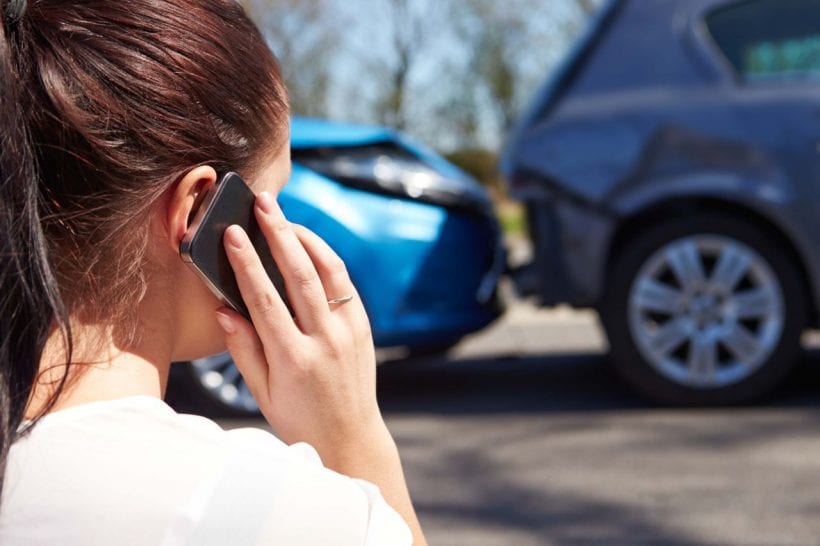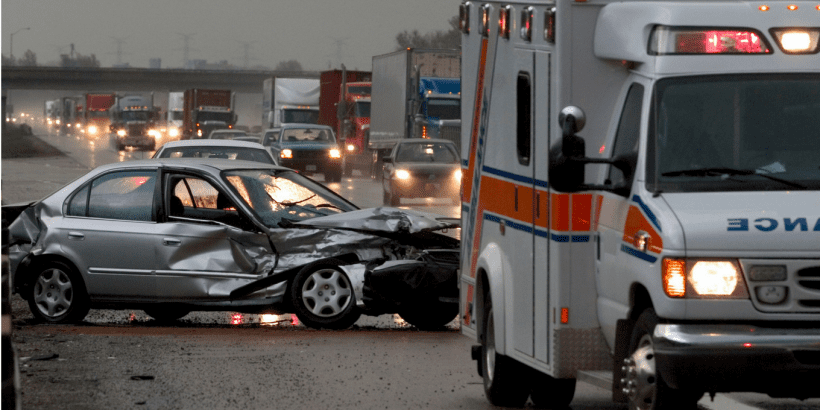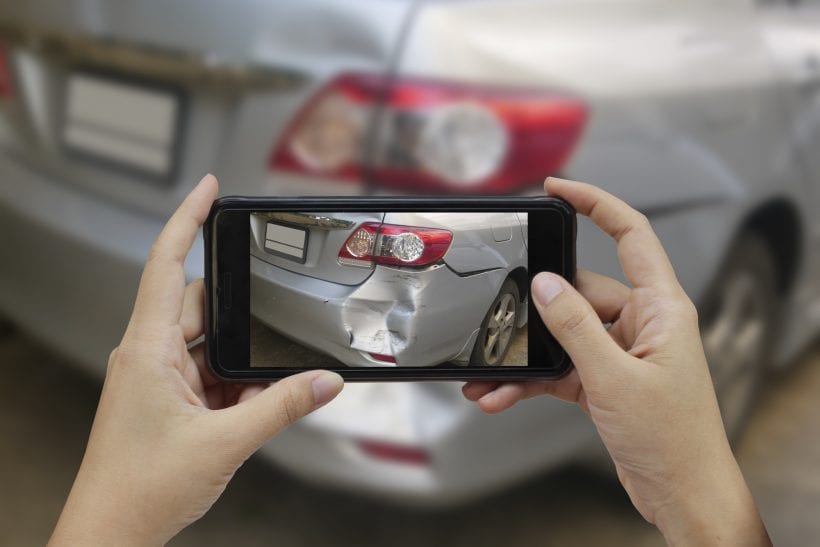After an accident happens, it’s hard to keep a clear head. That’s why you should prepare a list of steps to take in case you do get into a crash. Keep the list in your car, and you’ll know what to do even if you’re shaken up.
1. Stop your car. Leaving the scene of an accident is a crime in most states.
2. Call the police. It may seem like more trouble than it’s worth to wait around for the police to arrive. Most people have found it’s best to have an official record of details like what happened and who was involved. Any insurance company that gets involved will want a copy of the police report.

3. Collect information. Make a note of details right after the accident. You can write it down, take photos, or record your own voice. Choose the method that you’re most comfortable with. Important details are:
- Where the crash happened. Get as specific as possible.
- The license plate number of the other car as well as color, make and model.
- The name and phone number of the other driver if they’re cooperative.
- The other driver’s insurance information.
4. Take photos of the cars, especially if they haven’t been moved. You can probably easily share these with your insurance company.
5. Be careful about the information you give out. There’s a lot of personal information on your driver license, and you don’t have to let anyone take a photo of it. You can just write down your name and phone number. You should also share your insurance information.
6. Don’t admit fault. You may truly feel bad that the crash happened, but don’t admit fault at the scene. The police and insurance companies will conduct their own investigations to determine who’s at fault.
7. Make sure everyone’s okay. If anyone is seriously hurt, you may need to call an ambulance.

8. Report the accident to the insurance company. Explain what happened, but don’t admit fault. If you have towing or rental coverage, your insurance company may be able to set up these services for you.
9. Get Organized. Keep all documents related to your accident together. Items can include:
- Police report.
- Photos from the accident scene.
- Photos of any injuries.
- Any bills or invoices, such as towing, rental car, or an emergency room visit
- Your insurance adjuster’s name and phone number, along with your claim number.

10. Contact an attorney. Dealing with an accident can get complicated. You don’t have to handle the process of getting reimbursed for what you deserve all by yourself. An experienced attorney like Harrell & Harrell can advise you about resolving damage to your car and can fight for you if you’ve been injured.

